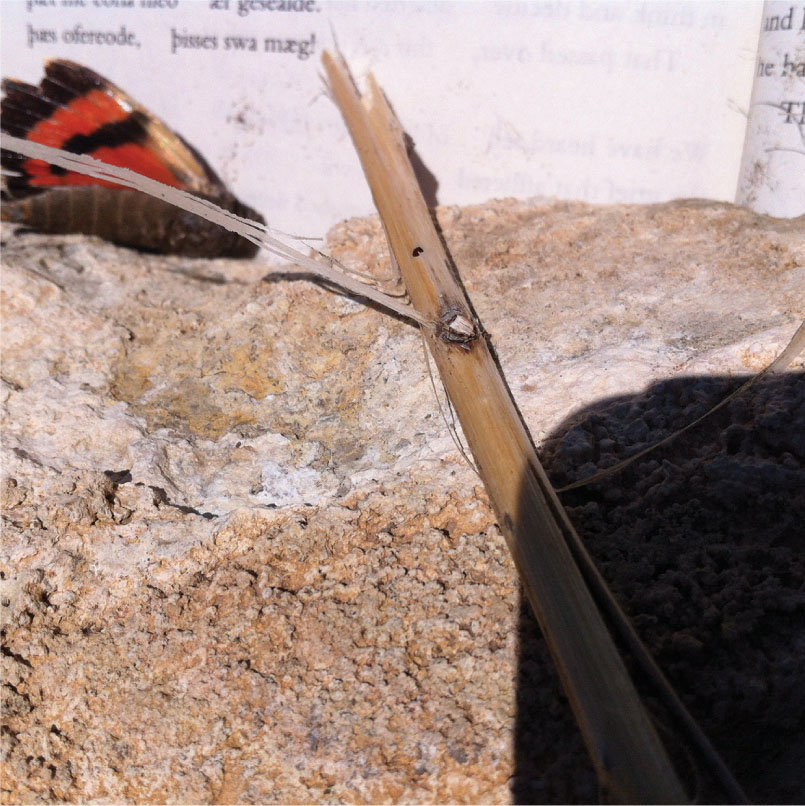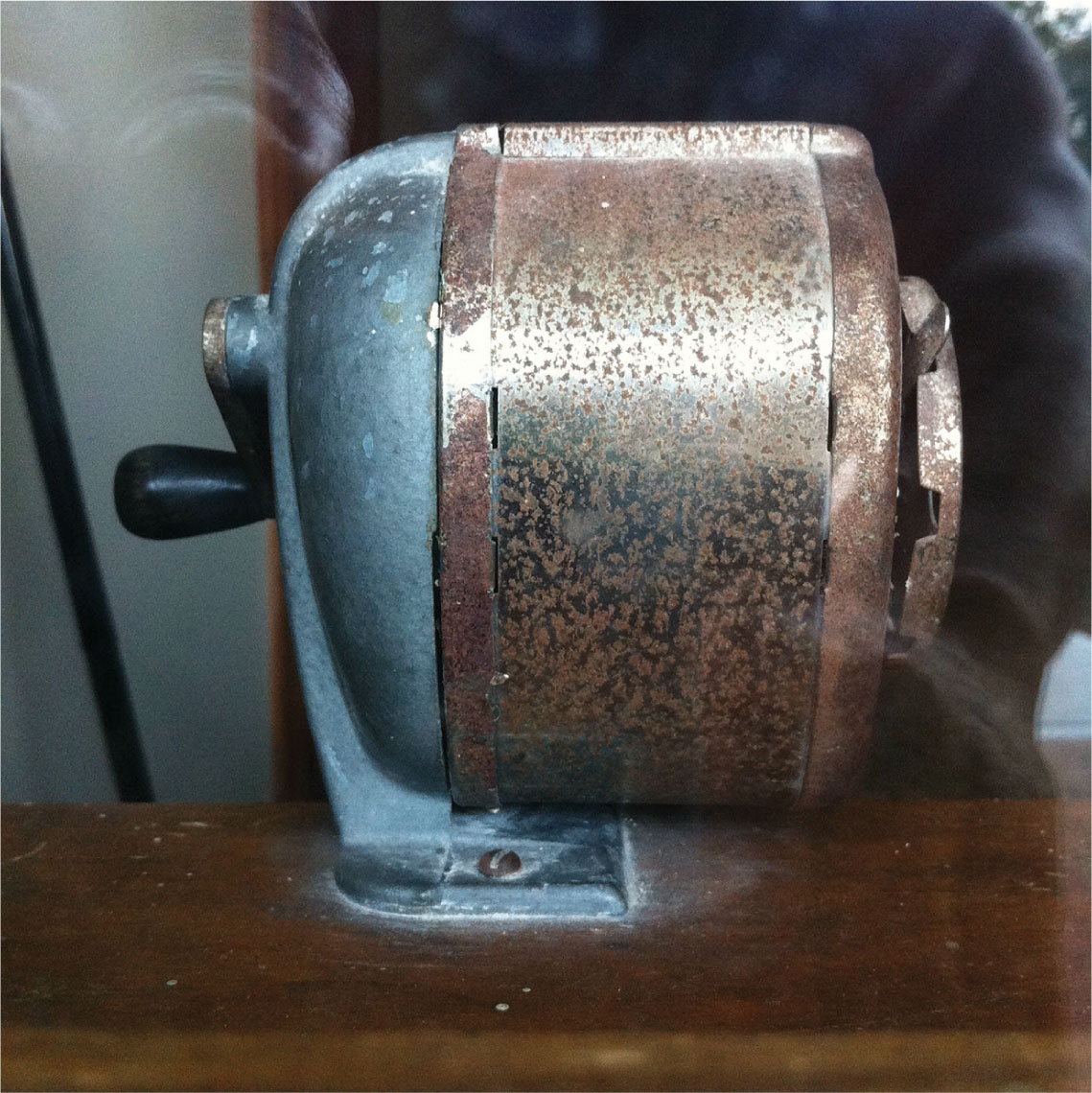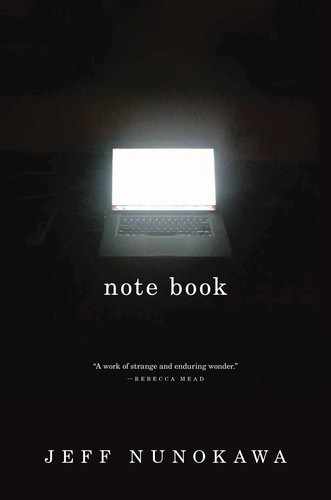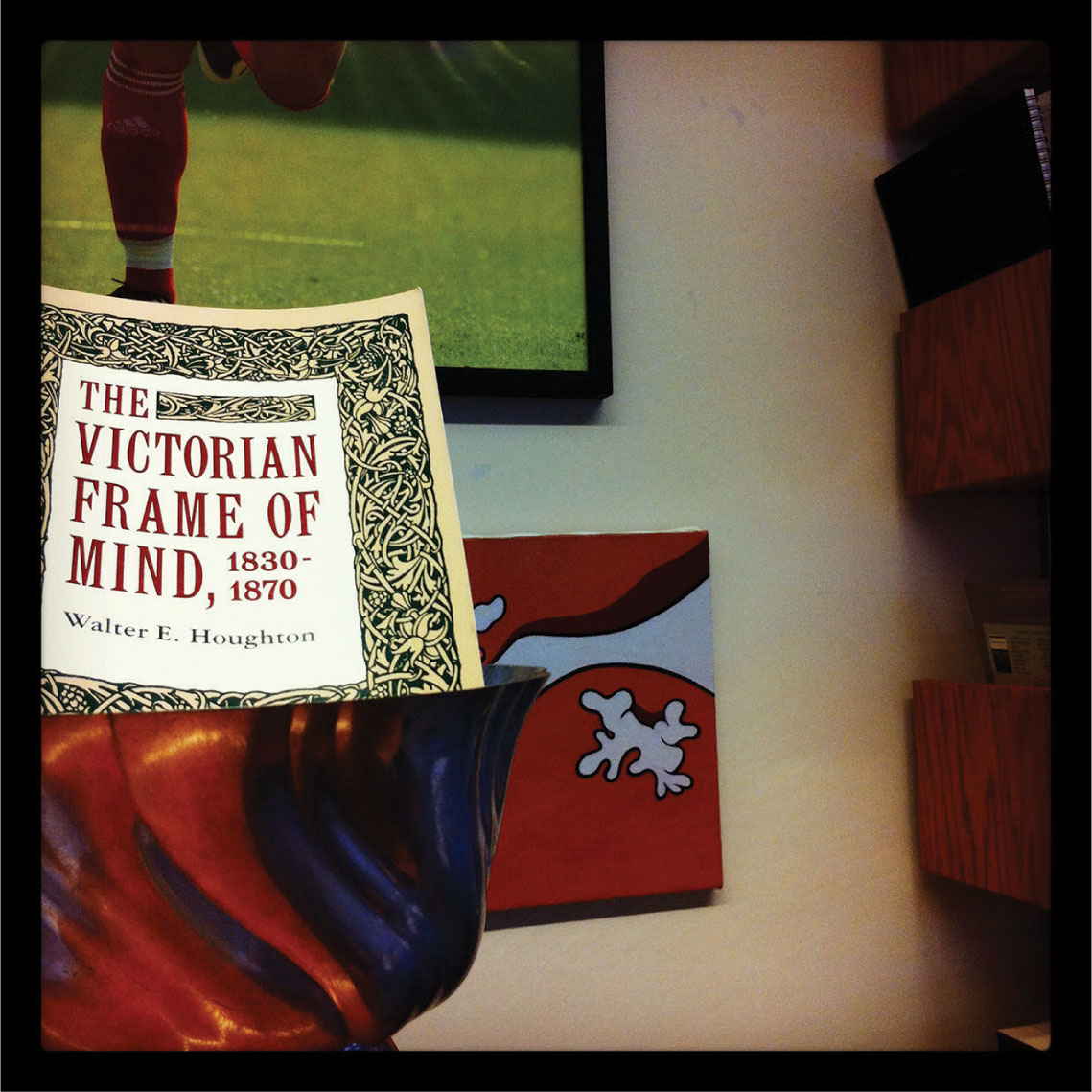4102. The Abstraction of Love
What … is love, except a certain life which couples
or seeks to couple together some two things, namely,
him that loves, and that which is loved?
Augustine, On the Trinity
That pretty much nails it, as far as I can tell. I can’t think of much else love might be—except, sometimes, when it’s a cloudy, uncertain life that knows to cherish the communion for which it stands and falls, by raising up to recognize some distance (long or short; temporary or terminal) between the parties it aims to connect.
As everyone knows, sometimes absence makes the heart grow the fonder; sometimes
Note: “Absence Makes the Heart” (Lynne Tillman).
4107. Sentiment and Author, Uncertain
That passed over, this can too …
“Deor,” translated from the Anglo-Saxon by Seamus Heaney
A sight-slighting swelling surrounds an Island of Love or Loneliness; Glory or Gall: the inmate, his vision cut down to the set margin of seeing, just past his solitude, will wonder how long his sentence there will last.
He yearns for the line of his sight to end with a period. He hopes that the end of the line has point enough to stop, full, and old, and start a new season—but it could be the dash of the hope for something different—only the broken tiding of repeating waves.
How will he know? The line extends so far beyond the seeing powers of his parsing. He must trust the translation; hope that it’s sound.
Note: Fred C. Robinson, “Lexicography and Literary Criticism: A Caveat,” in James L. Rosier, ed., Philological Essays: Studies in Old and Middle English Language and Literature in Honour of Herbert Dean Meritt (The Hague: Mouton, 1970), 99–110.

“That passed over, this can too” (“Deor,” trans. Seamus Heaney).
4112. The Trouble with Parting
“Don’t be sorry,” said Dorothea, in her clear tender tones,
“I would rather share all the trouble of our parting.”
George Eliot, Middlemarch
—which just goes to show that she would rather not part at all, since the real troubles of parting begin when you’re too far apart to share them.
But then we hear her clear tender tones, the sound of her kindness reaching past the separation from what had once been the solid sense of a world you had held in common—and perhaps still do, or perhaps will one day again.
Note: “Darkling I listen” (Keats, “Ode to a Nightingale”).

4113. “concealed from the reader”
In written literature both the author and his
characters are concealed from the reader.
Northrop Frye, Anatomy of Criticism
—but not forever. The hunger for company sooner or later breaks through all the codes, ancient or modern, going or blocking its way.
Note: “Reader […] [I] married him” (Brontë, Jane Eyre).
4118. The Mirror Stages
I grow old under an intensity
Of questioning looks.
“Mirror”
And then, reflecting back on those questioning looks, I grow curiously young again.
Note: “I walk through the long schoolroom questioning” (Yeats, “Among School Children”).
4120. Beauty, Coming and Going
Beauty comes to life when she learns that her father needs her.
Bruno Bettelheim on “Beauty and the Beast,” The Uses of
Enchantment: The Meaning and Importance of Fairy Tales
Beauty comes to life when she learns that her father needs her—and Beauty’s father, when that time has finally come, finely learns to leave her be.
Note:
grown unpresuming,
almost Japanese
(James Merrill, “Prose of Departure”)
4129. “Turn your fear into a safeguard”
Turn your fear into a safeguard. … We are not always in a state of
strong emotion, and when we are calm we can use our memories
and gradually change the bias of our fear, as we do our tastes.
Take your fear as a safeguard. It is like quickness of hearing.
George Eliot, Daniel Deronda
The man who says these things has no choice but to say them quickly, to a woman who has no chance (it’s an emergency) if she cannot hear them just as quick. You and I, however we may feel in the middle of the night, are most likely a little luckier. Probably we are in no present danger (probably just the usual Dark-Side dread) and can thus ponder a little more leisurely, a little more lucidly, the instructions that must be delivered here in utmost haste. Perhaps we are calm and clear enough, even now, even in the midst of the pitch where our own wild things are, to begin to put into practice the plan passed on by a hurried messenger to a harried hearer. Perhaps we are already a bit disposed to try to change the bias of our fear into the basis of a broader safety; ready, willing, and able to start to sharpen what senses we need to guard what we know of “every human love” (Auden; stress added).
Note: “And this thy harbor, O my City” (Hart Crane, “The Tunnel,” The Bridge).
4130. “and apply yourself to your books or your business”
When you come home you sit down in a sober,
contemplative, not uncharitable frame of mind, and
apply yourself to your books or your business.
Thackeray, Vanity Fair
—home from a terrible dream, a lot more harrowing than any life that you would ever lead now (that life would have destroyed you); home from departings, a little harder than you expected (what loss, worth its salt, isn’t?); home to the plainer fortunes, the calmer fortress (your office, your skillset, your sense that the mission you chose to accept is still true); home to the soft landing where you spend most of your waking hours, now—still ready to receive what’s new.
Note:
the reader leaned above the page,
Wanted to lean
(Wallace Stevens, “The House Was Quiet and the World Was Calm”)
4132. “I dwell with a strangely aching heart”
Robert Frost, “Ghost House”
—and, strange to say, the ache gets easier every day.
Note: “look in thy heart, and” (Sidney).


